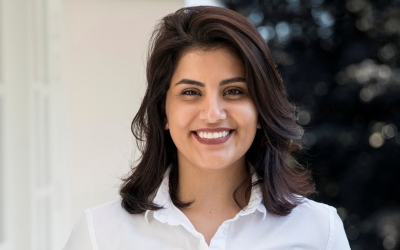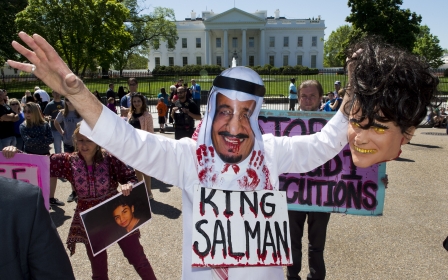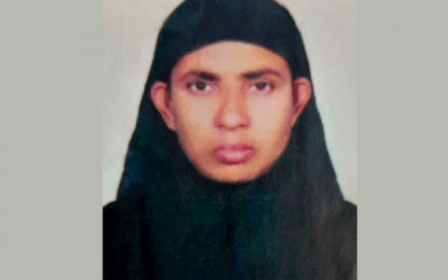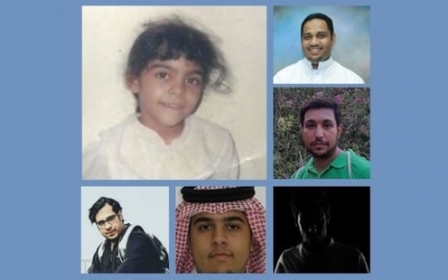Saudi executions at record low as five convicted as minors still on death row
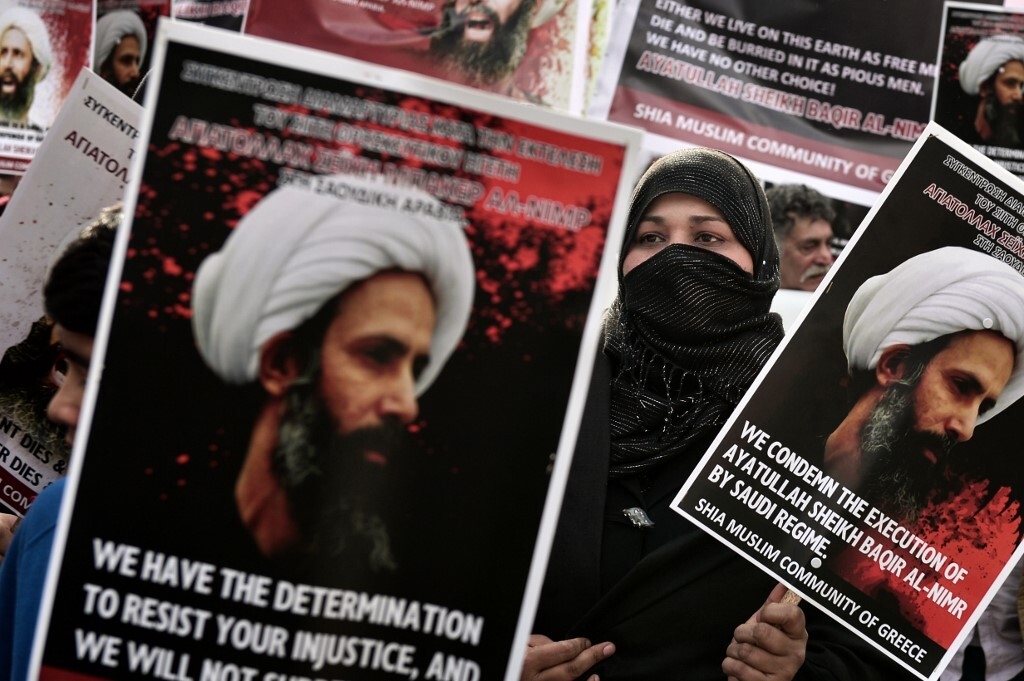
Saudi Arabia has drastically reduced the number of people it executed in the last year, but rights groups have warned that five people who committed crimes as minors are still on death row.
On Monday, the Gulf Kingdom's Human Rights Commission (HRC) said Saudi Arabia executed 27 people in 2020 after halting executions for non-violent drug-related crimes.
Rights group say that the latest figures stand in stark contrast to the previous year, which recorded an all-time high of 184 executions in the Gulf kingdom.
The HRC said the "sharp decrease" in executions came after King Salman issued a decree in April 2020 to halt the death penalty for non-violent-drug-related offences.
Rights groups believe the drive to reduce the number of executions come after the fall-out from the murder of Saudi journalist Jamal Khashoggi in the Saudi consulate in Istanbul.
New MEE newsletter: Jerusalem Dispatch
Sign up to get the latest insights and analysis on Israel-Palestine, alongside Turkey Unpacked and other MEE newsletters
Amnesty International in 2019 ranked Saudi Arabia as having the third-highest number of executions after China and Iran.
Maya Foa, director of the anti-death penalty NGO Reprieve, said the progress that Saudi Arabia had made in reducing executions was "clearly driven by a desire to clean up its international image".
"If [Crown Prince] Mohammed Bin Salman is serious about reform, Saudi Arabia should release the young men sentenced to death for childhood crimes, and publish laws protecting vulnerable drug mules from execution,” Foa said in a statement.
Riyadh confirmed that the decree to halt executions for non-violent drug-related offences was effective immediately, after rights groups questioned its implementation timetable.
The decree was never carried on state media nor published in the official gazette as would be standard practice.
Juveniles
Last April, Saudi Arabia also ordered an end to the death penalty for crimes committed by minors.
Reprieve, Human Rights Watch and the European-Saudi Organisation for Human Rights (ESOHR) have raised concerns that loopholes in Saudi law could still allow judges to impose the death sentence on juvenile offenders.
Reprieve has warned that five individuals who were sentenced to death as minors still face the death penalty.
One of the five has appealed, and eight face charges that could result in execution, the group said.
The Saudi government's media centre, the CIC, dismissed the concerns, stating that the royal decree would be applied retroactively to all cases where an individual was sentenced to death for offences committed under 18.
Ali al-Nimr and Dawood al-Marhoun were 17 years old when they were detained in 2012 on charges related to participating in widespread protests in the Shia-majority Eastern Province. Abdullah al-Zaher was 15 years old when he was arrested.
The three, who are among the five juvenile offenders whose death penalties have yet to be revoked, were sentenced to death by the Specialized Criminal Court and face beheading. However, the public prosecutor ordered a review of their sentences in August.
The CIC said the royal decree would be applied to their cases.
Middle East Eye delivers independent and unrivalled coverage and analysis of the Middle East, North Africa and beyond. To learn more about republishing this content and the associated fees, please fill out this form. More about MEE can be found here.


